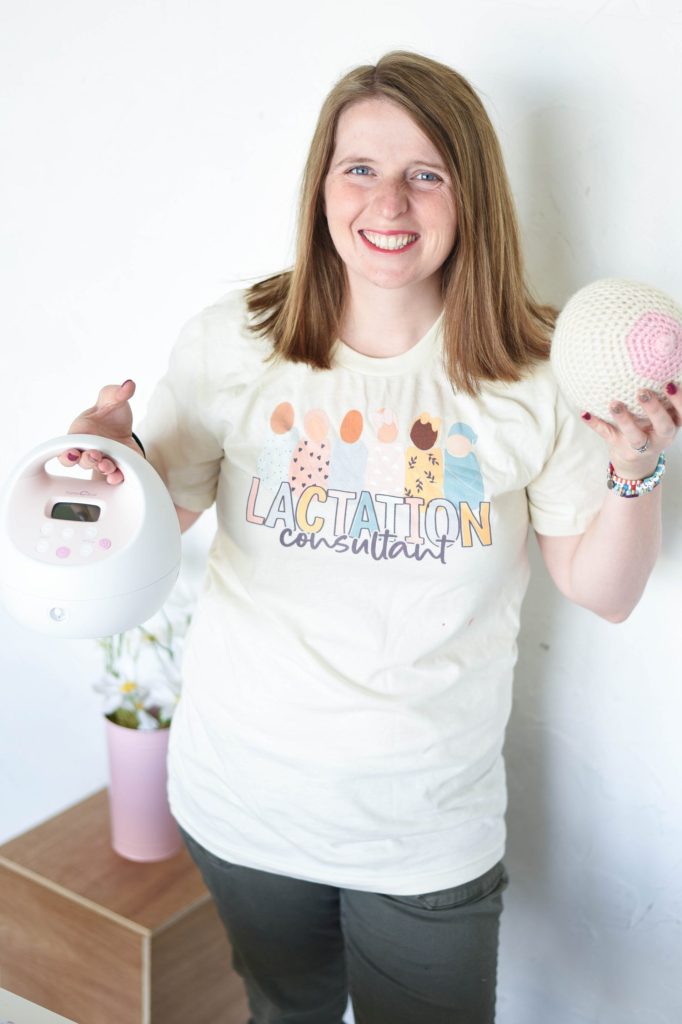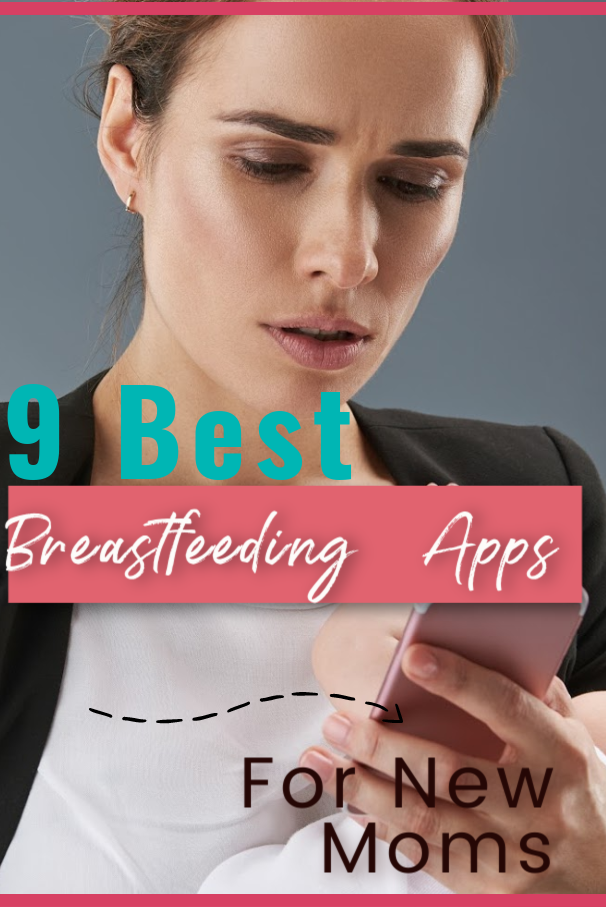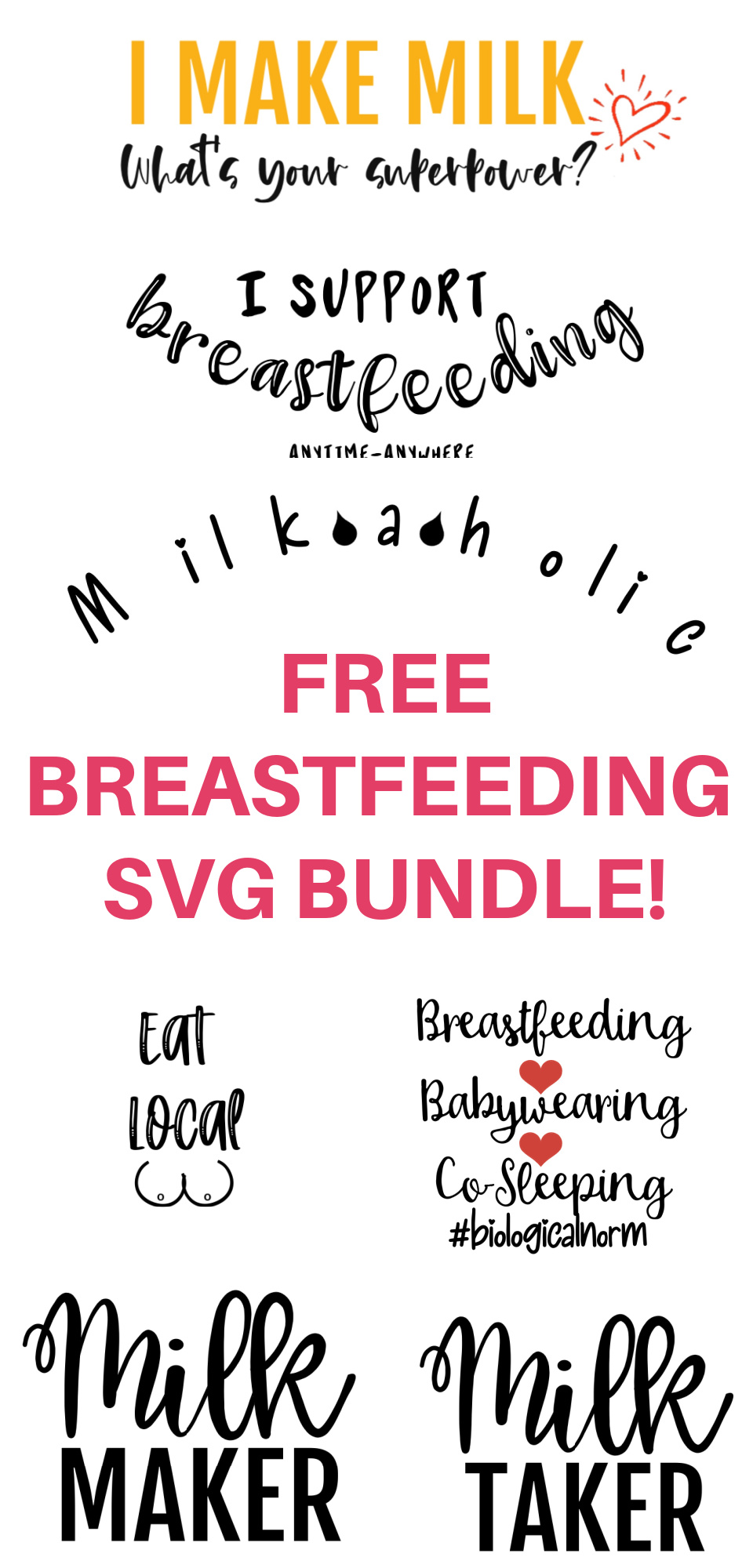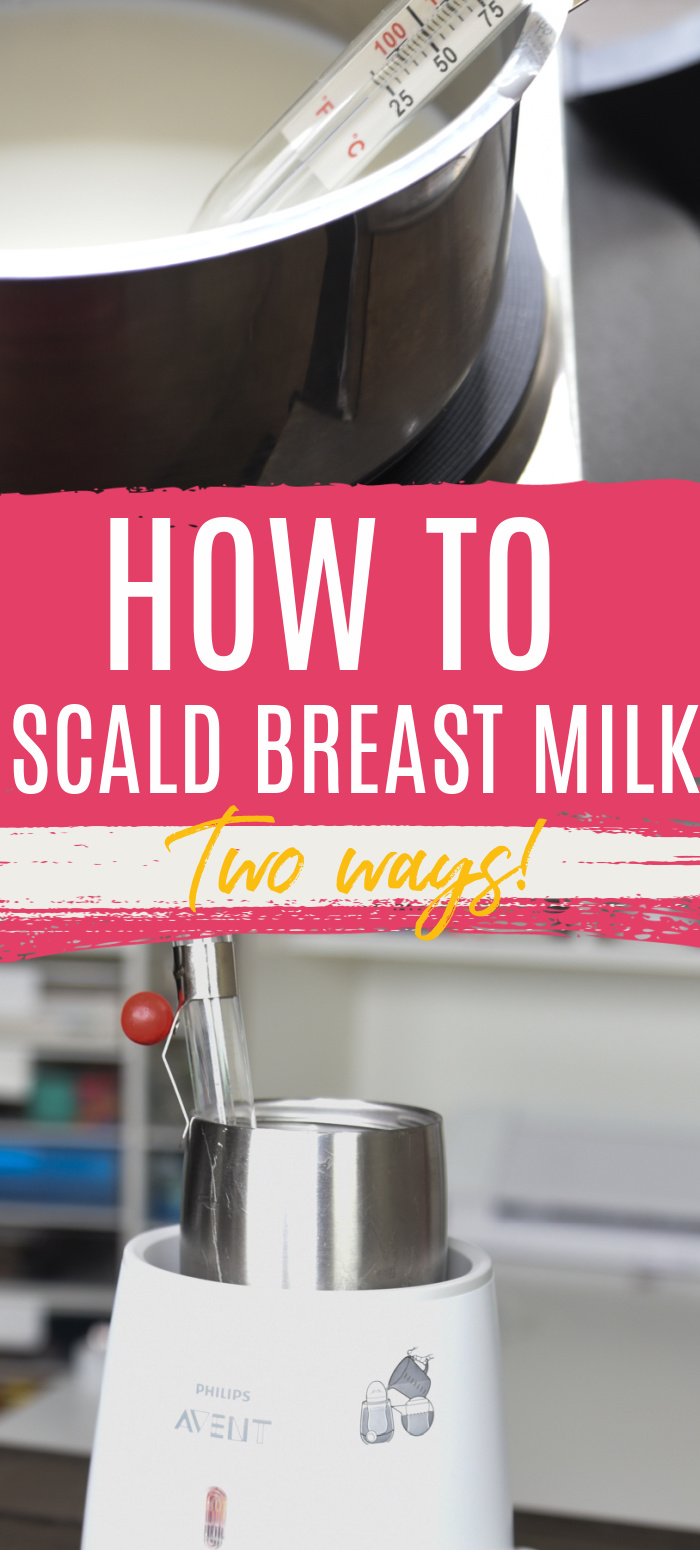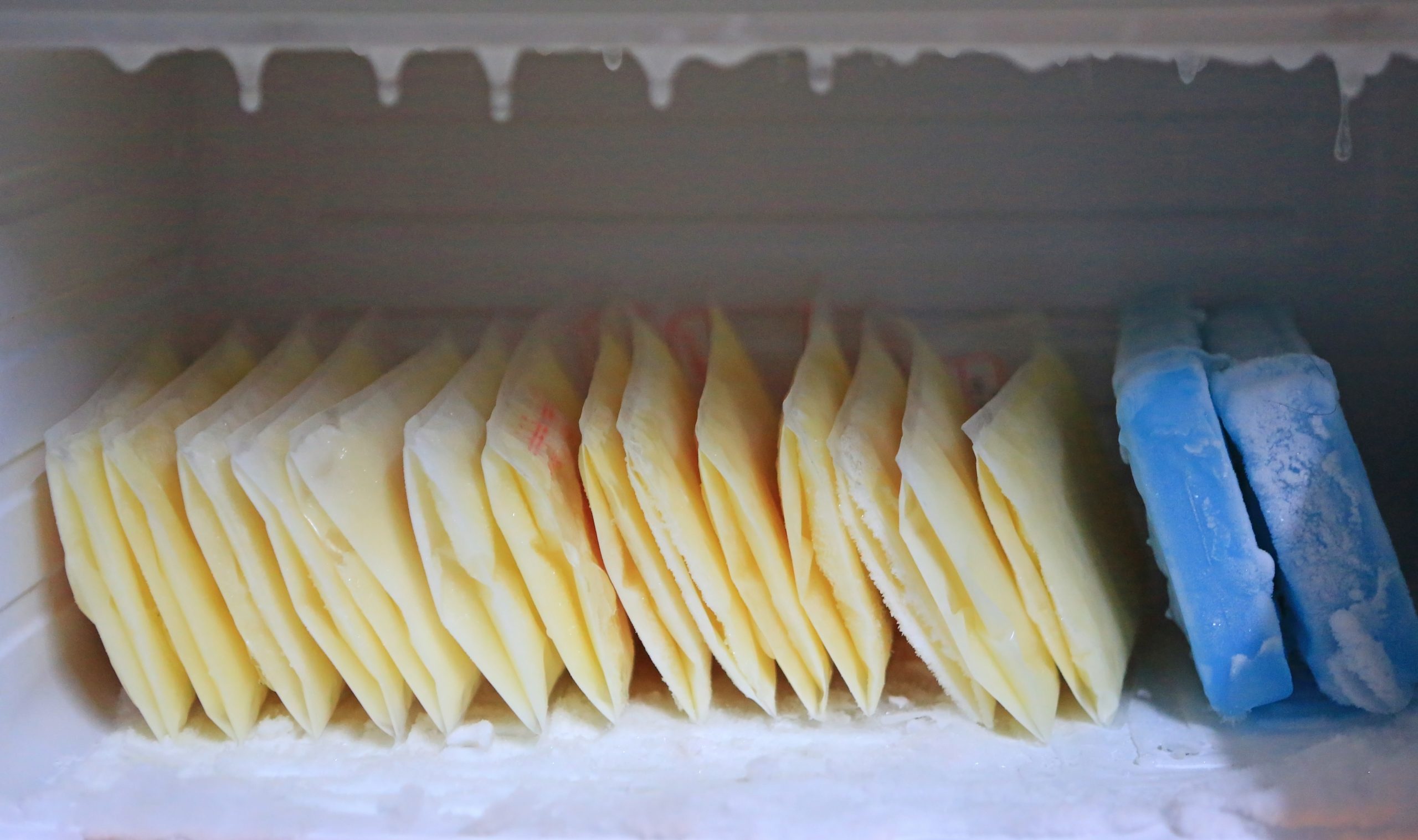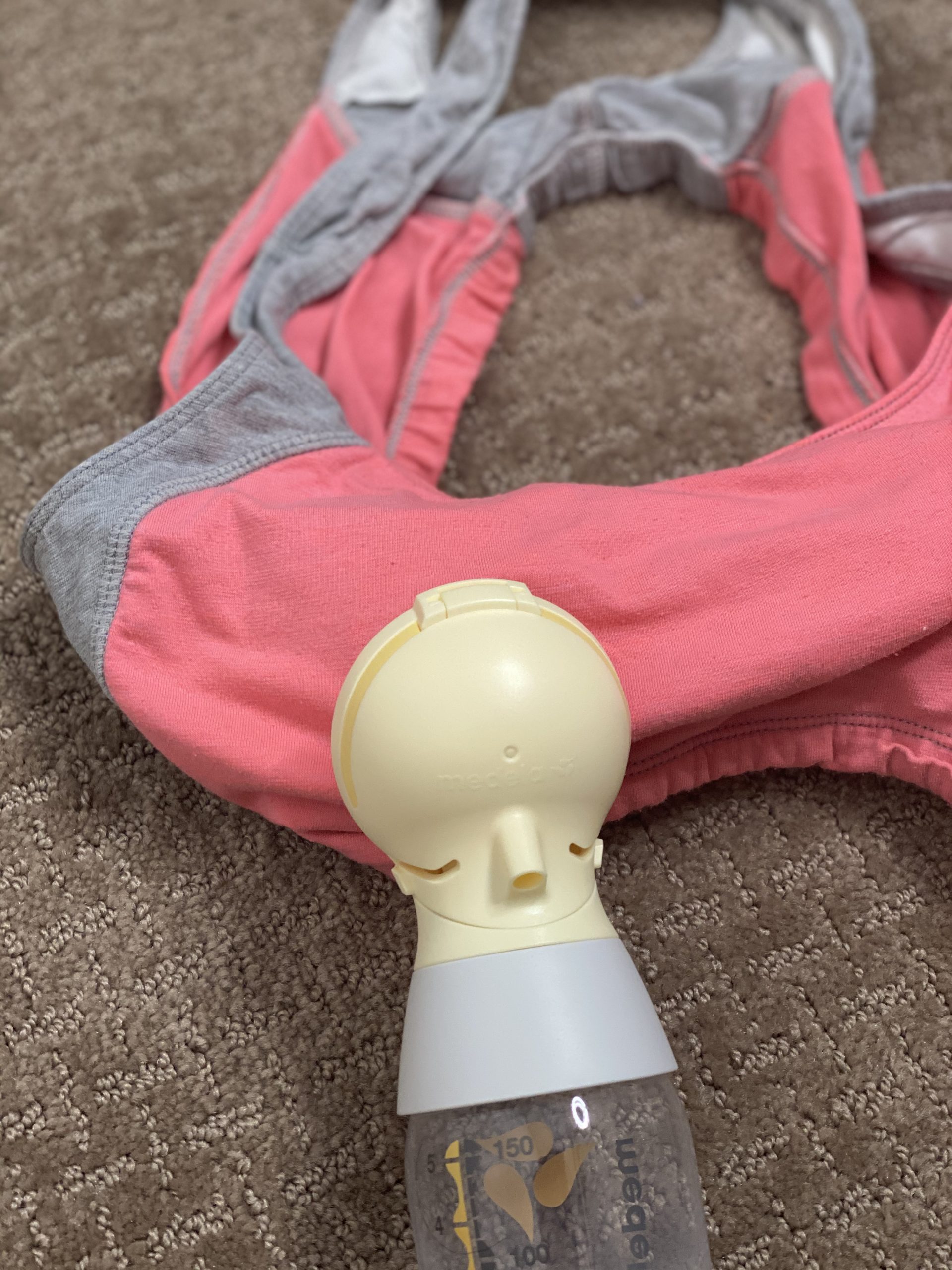If you’re a breastfeeding mom, you may be wondering if you should give your baby probiotics. After all, probiotics are great for adults— so they must be good for babies too, right? The answer is yes! Probiotics can help support your baby’s immune system and the infant’s gut microbiome. But which probiotic and probiotic strain is best for your little one? Read on to learn more about the six best probiotics for breastfed newborns and babies, as well as some of the health benefits of probiotic supplementation.

Probiotics are live bacteria and yeasts that are good for your health, and they can be found in both food and supplements. They help to support the gut microbiome, which is essential for a strong immune system. There are many different types of probiotics available, so it can be difficult to decide which one is right for your child. But don’t worry, we’ve got you covered! Here are five of the best probiotics for breastfed newborns.
It can be difficult to know which probiotics are right for your child. It is a huge industry, and it can be hard to know if your breastfed baby even NEEDS probiotics.
With so many different types of probiotics available, it can be hard to decide which one is right for your child and if it’s right for your baby.
- Best Probiotics for Breastfed Babies
- ❤️ TBM Favorite: Lovebug Probiotics Tiny Tummies Daily Probiotic + Prebiotic (0-6 months)
- Smidge Infant Probiotic Powder
- Evivo Infant Probiotics
- Klaire Labs Ther-Biotic Infant Probiotic Powder
- Mary Ruth’s Infant Probiotic Drops
- Probonix Probiotics for Babies
- Do Babies Need Probiotics?
- Do Breastfed Babies Need Probiotics?
- What to Look for in Probiotics for Breastfed Babies
- Safety of Probiotics for Babies
- Are liquid or powder probiotics better for babies?
- How to give a baby probiotics
- How long does it take for probiotics to work with babies?
- What problems can probiotics cause for infants?
- Sources of Probiotics for Babies
- More Posts You Might Enjoy:
Always talk with your medical provider before starting a new supplement for your baby.
The BEST way to decide on a probiotic is to know what your baby’s gut is in need of. This can take some trial and error, but I highly recommend using the Tiny Health infant gut test. You’ll specific advice for YOUR baby’s need to optimize their gut for better health. Use the code TBM for 10% off any of their gut tests (might be helpful to get yours done, too!)
Best Probiotics for Breastfed Babies
Here is a brief overview of my top recommendations. There will be more details on each of these as well.
| Lovebug 0-6 Months | Evivo | Smidge | Klaire Labs | Mary Ruth | Probonix | |
| Price | $19.95 | $79 | $75 | $44.99 | $25.95 | $32.94 |
| Servings | 30 | 30 day supply | 750 | 120 | 125 | 30 |
| Storage | Room Temp | Fridge/Freezer | Room Temp – 2 weeks/fridge for long term | Refrigerated | Refrigerated | Room Temp |
| Form | Powder | Powder | Powder | Powder | Drops | Drops |
| Probiotic Strains | 3 | 1 | 7 | 10 | 4 | 8 |
| BUY | BUY NOW | BUY NOW (save $10 with AN-10-00015) | BUY NOW | BUY NOW | BUY NOW | BUY NOW |
❤️ TBM Favorite: Lovebug Probiotics Tiny Tummies Daily Probiotic + Prebiotic (0-6 months)
Lovebug Probiotics Tiny Tummies Daily Probiotic + Prebiotic is a probiotic made with three clinically studied strains that have specifically been studied on newborns. It’s a well-known brand and was invented by a mom. It claims to help with colic, diarrhea, eczema, constipation, and other digestive problems.
We chose this as our “TBM Favorite” because:
- Low cost
- Great Amazon reviews
- Our personal experience with this probiotic
- Convenience – no refrigeration required
W
[amazon box=”B075W2NC5H”]
Price:
- $19.95 for 30 servings for the powder
Form:
They offer a powder and liquid formula. I am specifically focusing on the powder in this post. The liquid has good reviews, and it contains three more strains of probiotics.
Strains:
The newborn powder contains:
- Bifidum infantis
- Bifidum lactis
- Lactobacillus rhamnosus
The 6-12 month powder has five strains and the probiotic drops contain six strains.
CFU count:
- 0-6 month powder: 1 billion of their propreietary probiotic blend
What age:
LoveBug has different products for different ages – there is one for 0-6 months, 6-12 months, and toddlers. Their Probiotic Drops are for 0-24 months.
What We Think You Should Know:
- Offers a potent probiotic at a low price point
- No refrigeration needed
- Multi-strain, multi-billion CFU powder that’s easy to mix into food or drinks
- The powder is tasteless
- Contains prebiotics
- Sugar Free
- Be cautious if your child has dairy allergy
- Different types of probiotics for different ages
- Very favorable reviews on Amazon
Smidge Infant Probiotic Powder
This is an infant probiotic powder for babies 0-12 months old. It is made with patented, human-based Bifantis® culture that has been clinically studied and shown to be safe and effective in infants as young as 2 days old up to 12 months of age.
While I have not personally used Smidge, I am impressed by the company as a whole. They seem very dedicated to providing very high-quality products. It is $75, but it includes A LOT of servings.
Price:
$75 for 750 servings
Strains:
- Bifidobacterium infantis
- Bifidobacterium bifidum
- Bifidobacterium longum
- Lactobacillus salivarius
- Bifidobacterium breve
- Bifidobacterium lactis
- Lactobacillus gasseri
CFU:
1.45 billion
Form:
Powder
What age:
Newborns to 12 months
Storage:
Can be kept at room storage for up to two weeks but should be refrigerated for long-term storage.
What We Think You Should Know:
- They omitted certain strains that are linked to histamine intolerance, d-lactic acidosis and other adverse reactions.
- Freeze Dried
- Free of additives and all common allergens
- Does not contain prebiotics
- Comes with a handy dosage spoon so you can measure out exactly how much your little nugget needs each day.
- High-quality product from a company that seems dedicated to quality
Evivo Infant Probiotics
Evivo Infant Probiotics are not your ordinary probiotics. Evivo infant probiotic helps with immune system development while also making sure your little one has happy and healthy gut bacteria now and long into the future, giving them a head start that will pay off in benefits for years to come. They are the only probiotic to contain activated b. infantis EVC001.
[amazon box=”B087XCNGZG”]
Price:
$79.00 for one month, $129 for two months, $169 for three months
Save $10 on Evivo.com with code AN-10-00015
Form:
Powder – can be mixed with breast milk or formula and fed via syringe
Strains:
Bifidobacterium infantis EVC001
CFU count:
8 billion per serving
What age:
It says it is for 0-6 months, though comments show that babies older than that use it.
What We Think You Should Know:
- Clinically Proven
- Contains no artificial ingredients or common allergens – the only two ingredients are b. infantis and lactose.
- More expensive than most probiotics.
- Must be refrigerated or frozen
- Quite a few comments note that it’s somewhat difficult to mix well
- Some parents report that their baby seemed to have more stomach issues/fussiness when they first started using Evivo.
Klaire Labs Ther-Biotic Infant Probiotic Powder
This is a multispecies probiotic designed to meet specific needs of infants. Each serving provides 5 billion CFU (colony forming units) blend of five Lactobacillus and five Bifidobacterium species. The product can be mixed with expressed breast milk, formula, or solid food at room temperature. They also say you can serve a small amount from your finger or nipple.
[amazon box=”B001PYXMV4″]
Price:
$44.99 for 120 servings
Form:
Powder
What age:
Newborns and up
Strains
This probiotic contains ten different species of probiotics:
- Lactobacillus species
- Lactobacillus rhamnosus
- Lactobacillus casei
- Lactobacillus paracasei
- Lactobacillus gasseri
- Lactobacillus salivarius
- Bifidobacterium species
- Bifodobacterium infantis
- Bifidobacterium bifidium
- Bifidobacterium longum
- Bifidobacterium breve
- Bifidobacterium lactis
CFU count:
5 billion per serving
Storage:
Can be stored at room temperature for up to two days but should be refrigerated otherwise
What We Think You Should Know:
- Hypoallergenic product free of many common allergens
- Contains no artificial colors or flavors
- Lactose-free
- Probiotic has been freeze-dried
- Can be mixed with solid food at room temperature
- Klaire Labs has been around for many decades
Mary Ruth’s Infant Probiotic Drops
This is an infant probiotic in a liquid form. It is organic and designed to help develop a healthy digestive tract. It contains four strains of probiotics.
Price:
$25.95 for 125 servings
Save 10% with the code THE.BREASTFEEDINGMAMA10
Strains:
- Bifidobacterium lactis
- B. infantis
- B. bifidum
- Lactobacillus reuteri
Form:
Liquid
What age:
They suggest 6-12 months but to talk with your doctor
Storage:
Refrigeration after opening
What we think you should know:
- Easily administered with drops
- Very high-quality
- 100% guarantee
- There was a voluntary recall on a batch of some of their probiotic liquids in 2021 – you can read about that here
Probonix Probiotics for Babies
This is a probiotic for babies specifically designed to help both their digestive systems and immune systems. It contains a proprietary formula that has a “one-of-a-kind acid-coating process enables the live bacteria culture to pass safely through the destructive and acidic environment of your stomach and into your gut.”
[amazon box=”B07NLDXNXS”]
Price: $32.94 for 30 servings
Strains:
- Lactobacillus rhamnosus
- Lactobacillus acidophilus
- Bifidobacterium bifidum
- Bifidobacterium breve
- Bifidobacterium infantis
- Bifidobacterium lactis
- Bifidobacterium longum
- Lactobacillus reuteri.
Form:
Liquid Drops
Age:
Newborns to 12 months.
Storage:
Room temperature – no refrigeration needed
What we think you should know:
- Unique blend and acid-coating process designed to help baby get more of the probiotic
- Small dosage makes it easy to give
- 100% natural ingredients
- Easy to add to cold milk/formula or just directly onto baby’s tongue
- Some say it’s become more diluted from their original formula
Do Babies Need Probiotics?

A baby’s framework for a strong gut and digestive system begins at birth:
- A vaginal birth transfers the mother’s gut bacteria to the infant, which initiates the baby’s microbiome.
- Caesarean section birth may make it harder for the baby to develop a healthy balance of good and bad bacteria in their early years because there is no initial exposure to mommy’s vaginal flora.
- Breastfeeding can help a baby develop a healthy microbiome because it acts as food for the bacteria growth and diversity. Breast milk is high in probiotics.
- Well-developed infant formula can also contain probiotics
- Skin to skin contact between mom and baby, eye contact, breastfeeding, sharing the same bed; all of these things help with the microbiome.
Not all babies need probiotic supplementation, but many will benefit from them. Here are a few reasons why they might need them.
- Cesarean births may make it harder for the baby to develop a healthy balance of good and bad bacteria in their early years because there is no initial exposure to mommy’s vaginal flora in the birth canal.
- Formula-fed infants do not get the benefits of probiotics directly from breast milk, so using a formula that has added probiotics or the use of probiotics can play an important role in forming the formula fed baby’s gut biome.
- Mom has stomach issues prior to birth/during pregnancy
- A baby’s mother had antibiotics during delivery
- Whenever a baby is given antibiotics
- Acid Reflux
- To help prevent thrush
- Newborn Gut Deficiency which can cause:
- Colic-like symptoms
- Trouble with bowel movements (constipation or diarrhea)
- Frequent Upper Respiratory Infections
- Diaper Rash
- Poor Sleep
Probiotics can not only help with the gut microbiota during the first years of life, but they can be beneficial for your baby’s overall health. Your baby’s gut microbiome can help build your baby’s immune system, prevent autoimmune diseases and other health conditions, and just help with your baby’s overall health.
Do Breastfed Babies Need Probiotics?
Breast milk does contain powerful probiotics, however, some babies will benefit from additional probiotics. As I listed above, there are various reasons any baby might need probiotic supplementation, including colicky babies, use of antibiotics, recurrent thrush, etc.
What to Look for in Probiotics for Breastfed Babies
Strains:
There are a lot of different strains that are used in probiotics for infants. Many of them claim to help with colic, diaper rash, and other digestive problems.
In my experience with probiotics, you sometimes have to experiment with different strains to find the best one for you, though this is often more for adults.
90% of babies have Newborn Gut Deficiency and lack the essential good bacteria B. infantis.
For the purposes of this post, I specifically focused on infant probiotics that contain B. infantis because of how well it works with breast milk. This strain has been shown to help create a protective environemnt in a baby’s gut. When paired with breast milk, it thrives in a baby’s gut and populates very quickly to get rid of the harmful bacteria that are linked to eczema, allergies, and colic.
This study found that “Probiotic supplementation with B. infantis within the first month postnatal, in combination with breast milk, resulted in stable colonization that persisted until at least 1 year postnatal.”
Another probiotic that can be beneficial is B. bifidum.
Quality
It’s important to make sure that the brand you buy is dedicated to creating high-quality products:
- Free from additives
- Sugar-free
- Free of common allergens
- Quality checks
Safety of Probiotics for Babies

According to Breastfeeding USA:
“One caution to take into consideration when considering probiotic supplementation for infants is the fact that newborns have immature immune systems. As with any nutritional supplement, it is important to remember that quality control can be an issue. There have been instances where probiotic supplements were contaminated by potentially harmful fungi and bacteria. Due to the immature immune system and the immature digestive tract, routine use of probiotic supplements in infants younger than 3 months should only be done under the supervision of your child’s health care provider.”
The best way to determine whether or not a specific probiotic is good for you and your baby is by reading through the list of ingredients and checking if there are any additives, preservatives, coloring, yeast, or sugars. No matter what, your probiotic should be dairy free.
Also watch out for claims of being “100% natural” because this does not always mean the product is safe. It’s safest to go with products that are USDA certified organic and non-GMO verified.
Here are some safety precautions to keep in mind when using probiotics:
- Speak with your doctor before starting
- Do not use after expiration date
- Follow the instructions carefully on the container for administration and storage
- Monitor your infant for any adverse reactions
- Keep an eye out for any recalls
Are liquid or powder probiotics better for babies?
You can use either one.
The main benefit of using a powder probiotic is that you can easily mix it into bottles or food that your baby eats, like yogurt or applesauce. This is helpful for babies that don’t like the taste of straight up probiotics because they can get used to it by mixing it with their food. Powders also tend to be cheaper than liquid probiotics, but they can get expensive if your baby takes a lot of them daily.
Liquid probiotics can be easier to administer since you can use a dropped for it. Many parents just find this more convenient!
How to give a baby probiotics

You will want to read the instructions on the probiotic you buy. However, in general, it’s usually recommend to mix it with a small amount of breast milk, formula, or even solid food.
When I was first told to give probiotics, I was recommended to put it on my finger for my baby to suck off. Some recommend putting it on your nipple.
It can be a good idea to start with a smaller dosage of probiotics to make sure your baby reacts okay to it and build it up over the course of a few weeks.
How long does it take for probiotics to work with babies?
This depends on the type of probiotic you are using and how much your baby takes. Generally it will take around two weeks to see results, though some may see benefits sooner or later. Some brands, such as Evivo, claim parents see results in as little as just a few days.
What problems can probiotics cause for infants?
Babies can have issues with gas and bloating from probiotics, so it’s important to start with a small dose to see how your baby responds. For some babies this may mean taking them for a week or two before building up the dosage. If you find that these symptoms continue, you should consider finding a different type of probiotic for your baby.
Sources of Probiotics for Babies
Breast milk is obvoiusly one of hte best sources of probiotics for a baby, especially when they are not eating solid foods.
Once they are able to eat solids some good sources of probiotics to consider are yogurt, kefir, fresh fermented foods like sauerkraut and kimchi.
There are so many options out there for baby probiotics, it can get confusing. If your chosen probiotic doesn’t seem to be working for your baby, you can always switch to another kind. It is awesome when we find such a simple way to help our babies with digestion and support their immune systems!
More Posts You Might Enjoy:
- High Lipase Breast Milk: Why Your Breast Milk Tastes Gross (and What You Can Do)
- Is Donor Milk Safe? 10 Things to Consider
- 13 Reasons for Gas in Breastfed Babies (And What You can do)


